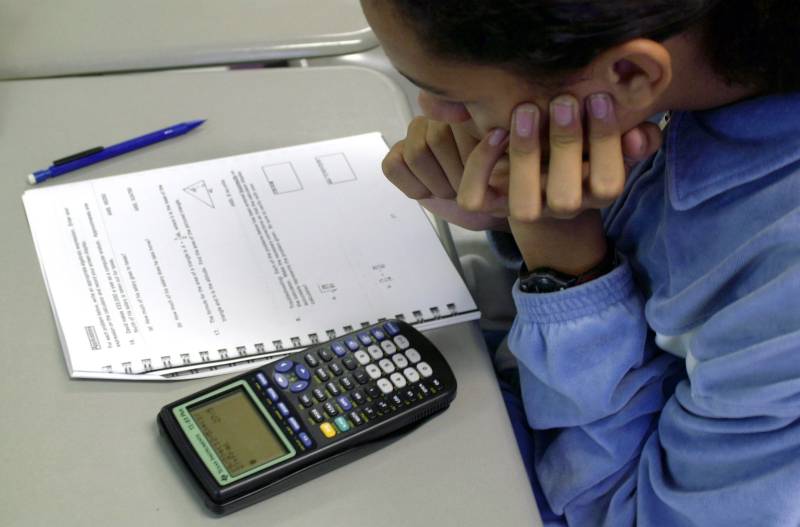(I’m republishing posts on my My All-Time Favorite Posts list. This one appeared in 2017. You can see them all here)
I published Another Study Finds Poverty’s Impact On “Cognitive Bandwidth” a few days ago, and it was a very popular post.
It discussed the most recent research reinforcing the finding that poverty can cause some unhelpful behaviors, and not the other way around. Similar research has also shown that some of what we might view as unreasonable actions by people in poverty, in fact, are very rational. You can find a lot more of that research at The Best Resources Showing Social Emotional Learning Isn’t Enough.
Today, The Atlantic came out with an article (“How Income Affects The Brain“) reviewing the same, as well as different, research. Here’s an excerpt:
It went on to say:
Or, as Zhao put it in 2013, “Previous views of poverty have blamed poverty on personal failings, or an environment that is not conducive to success … We’re arguing that the lack of financial resources itself can lead to impaired cognitive function. The very condition of not having enough can actually be a cause of poverty.”
None of this research means that we as teachers can’t do anything about it!
Here’s a paragraph from my Washington Post column, The Manipulation of Emotional Learning, which talked about this topic:
None of these concerns, however, mean that we shouldn’t help our students develop these SEL skills in ways that are healthy for them, for their families, for us and for our schools. For example, in addition to the many related lessons I teach now, my colleagues and I are developing lessons that would help students become aware of some of that research explaining why they might be experiencing some of their self-control and perseverance challenges. All too often, students tell me that they want to make changes in how they behave, and don’t know why they do some of the unhelpful things they do. Of course, some of that confusion can probably be attributed to common adolescent challenges. But just-announced research findings for college students show that discussing these types of social and economic class issues resulted in dramatically increased academic achievement.
I talk about some of these lessons in my most recent book on student motivation, Building A Community Of Self-Motivated Learners: Strategies To Help Students Thrive In School and Beyond, and will include more in my upcoming one next year. You can also get additional ideas at The Best Resources About “Culturally Responsive Teaching” & “Culturally Sustaining Pedagogy” – Please Share More!
These lessons include ones about assisting students – and their families – to develop the capacity to organize and change social and political dynamics (see The Best Posts & Articles On Building Influence & Creating Change).
And We Need To Talk More About Schools As Mediating Institutions so that schools can be contributing forces towards making needed policy changes in the broader community.
And let’s not forget the role of our teachers unions in doing the same thing (see The Best Resources For Learning Why Teachers Unions Are Important).
Do you have other ideas about how we can respond to this kind of research?
(I’m republishing posts on my My All-Time Favorite Posts list. This one appeared in 2017. You can see them all here) I published Another Study Finds Poverty’s Impact On “Cognitive Bandwidth” a few days ago, and it was a very popular post. It discussed the most recent research reinforcing the finding that poverty can cause a look back Larry Ferlazzo’s Websites of the Day…






